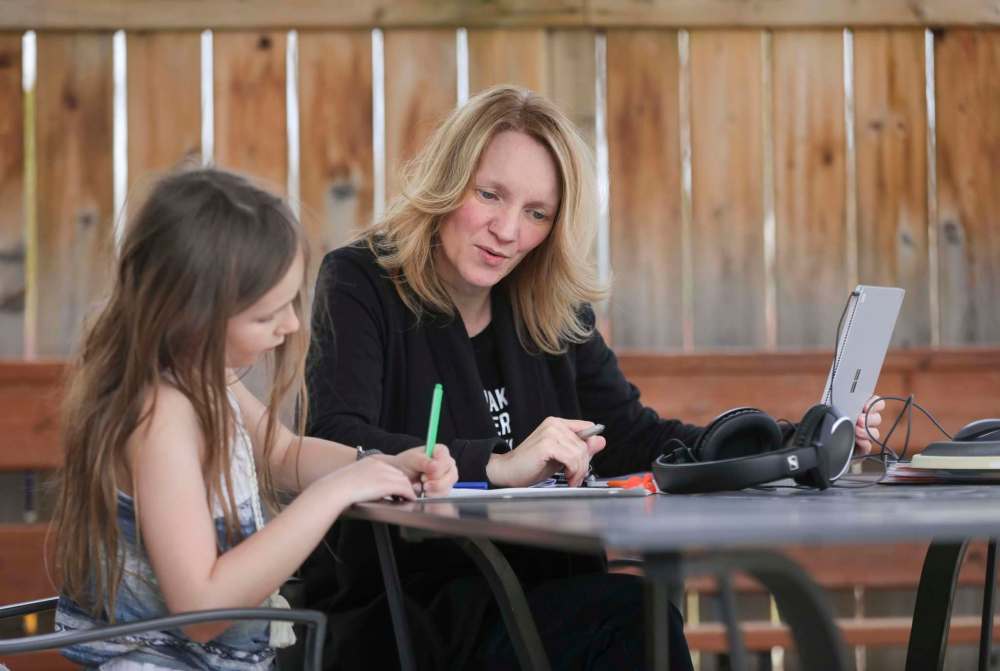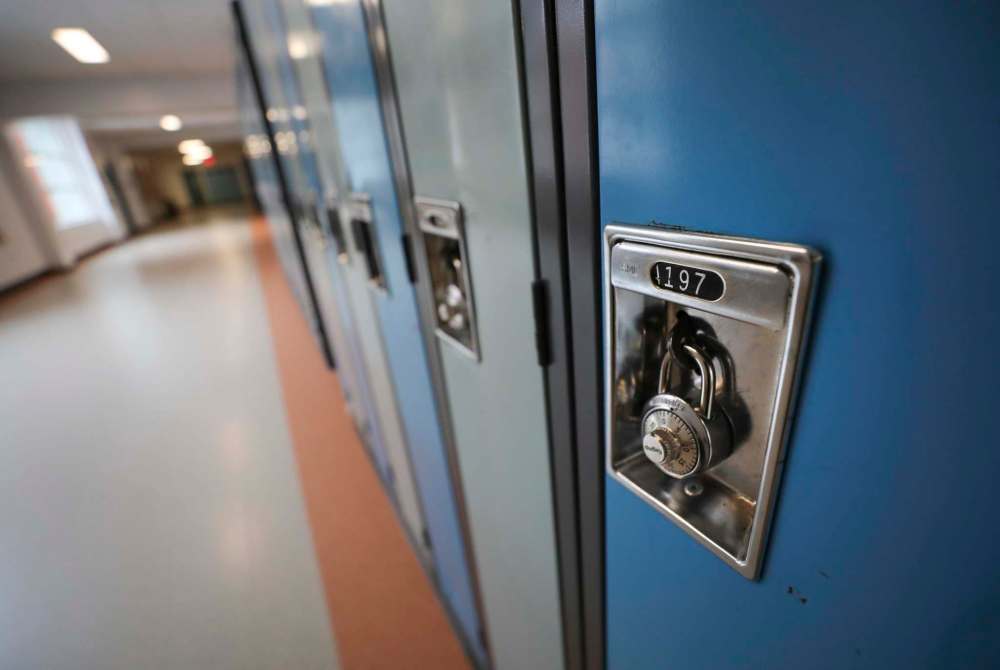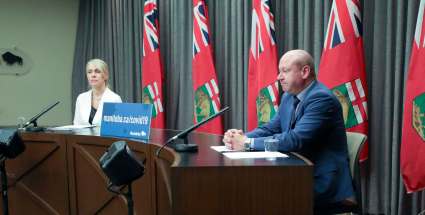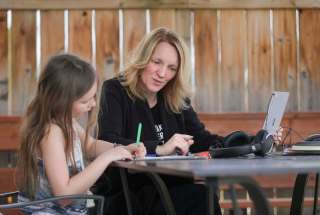Researchers aim to help teachers de-stress As K-12 educators adapt to demands of distance learning, national study seeks to discover best coping strategies
Read this article for free:
or
Already have an account? Log in here »
To continue reading, please subscribe:
Monthly Digital Subscription
$0 for the first 4 weeks*
- Enjoy unlimited reading on winnipegfreepress.com
- Read the E-Edition, our digital replica newspaper
- Access News Break, our award-winning app
- Play interactive puzzles
*No charge for 4 weeks then price increases to the regular rate of $19.00 plus GST every four weeks. Offer available to new and qualified returning subscribers only. Cancel any time.
Monthly Digital Subscription
$4.75/week*
- Enjoy unlimited reading on winnipegfreepress.com
- Read the E-Edition, our digital replica newspaper
- Access News Break, our award-winning app
- Play interactive puzzles
*Billed as $19 plus GST every four weeks. Cancel any time.
To continue reading, please subscribe:
Add Free Press access to your Brandon Sun subscription for only an additional
$1 for the first 4 weeks*
*Your next subscription payment will increase by $1.00 and you will be charged $16.99 plus GST for four weeks. After four weeks, your payment will increase to $23.99 plus GST every four weeks.
Read unlimited articles for free today:
or
Already have an account? Log in here »
Hey there, time traveller!
This article was published 27/04/2020 (2057 days ago), so information in it may no longer be current.
For Cori Wiebe, teaching math using online tools is getting a little bit easier every day.
At the same time, work is even more difficult — every day classes are suspended, she misses her students more.
“I’d love to be back in the classroom to have that social contact. (The distance) does make you appreciate what you had,” said Wiebe, a Grade 6-7 math teacher at Westdale School, before starting to cry during an interview about her last five weeks on the job, away from her 120 students.
Last month, Wiebe and thousands of other teachers across the province suddenly received new job descriptions. They were tasked with learning new digital tools and using email, phone calls and video chat programs to stay connected with students — many of whom, like themselves, were already stressed about school, let alone their family members’ health and the ever-evolving lockdown.

Weeks into the indefinite new normal, two researchers at the University of Winnipeg have launched a national study to analyze how K-12 teachers are coping with the stresses of distance learning. Their goal is to collect teacher responses to pinpoint best practices for both stress management and confidence in one’s ability to teach in disruptive environments.
“High stress, in a global sense in teachers, is related to poor student achievement and it’s a great big row of dominoes. When we help teachers, we help students,” said Laura Sokal, a longtime professor in the U of W’s faculty of education. One of the academics behind the study, Sokal’s expertise is in educational psychology.
The online survey asks teachers about their attitudes towards change and technology, as well as how stressed they feel, how they’re coping, and what internal and external resources they have been using to manage.
For Wiebe, keeping an organized to-do list on hand, as well as getting a good night’s sleep, eating breakfast every morning and going on daily walks have all been helpful in managing her workload. As for helpful external resources, she said she’s thankful for pre-pandemic professional development lessons, colleagues and her students.
“High stress, in a global sense in teachers, is related to poor student achievement and it’s a great big row of dominoes. When we help teachers, we help students.”– Laura Sokal, professor at the University of Winnipeg faculty of education
“I allow myself to make mistakes and realize I can’t do everything. I’m probably going to mess up, and that’s OK, and being OK with that makes it easier,” she said, adding she sets out to meet a goal to learn a new technological task daily. (Weeks ago, she had never used Microsoft Teams; now, she meets with her students online to teach lessons on the platform.)
“I have to keep on reminding myself and parents too, we’re all on a learning curve right now and we just have to take it one thing at a time.”
Lesley Trudel, an assistant professor of education at the U of W who is co-leading the study, said Monday that educators experience stress when there’s a “mismatch” between the demands of their jobs and their resources.

Trudel, a former classroom teacher of 15 years with an interest in change management, hopes the study findings will be able to provide educators insight if there’s a second COVID-19 wave that requires more distance learning. The early findings: teachers miss their students, are working hard and are accessing support from school administrators, are “very heartening,” she added.
So far, the research duo has collected more than 500 teacher responses; they hope to far surpass that number until the online survey ends May 6. Sokal and Trudel will also release follow-up surveys at the end of June and in early September.
maggie.macintosh@freepress.mb.ca
Twitter: @macintoshmaggie

Maggie Macintosh reports on education for the Winnipeg Free Press. Funding for the Free Press education reporter comes from the Government of Canada through the Local Journalism Initiative.
Our newsroom depends on a growing audience of readers to power our journalism. If you are not a paid reader, please consider becoming a subscriber.
Our newsroom depends on its audience of readers to power our journalism. Thank you for your support.






